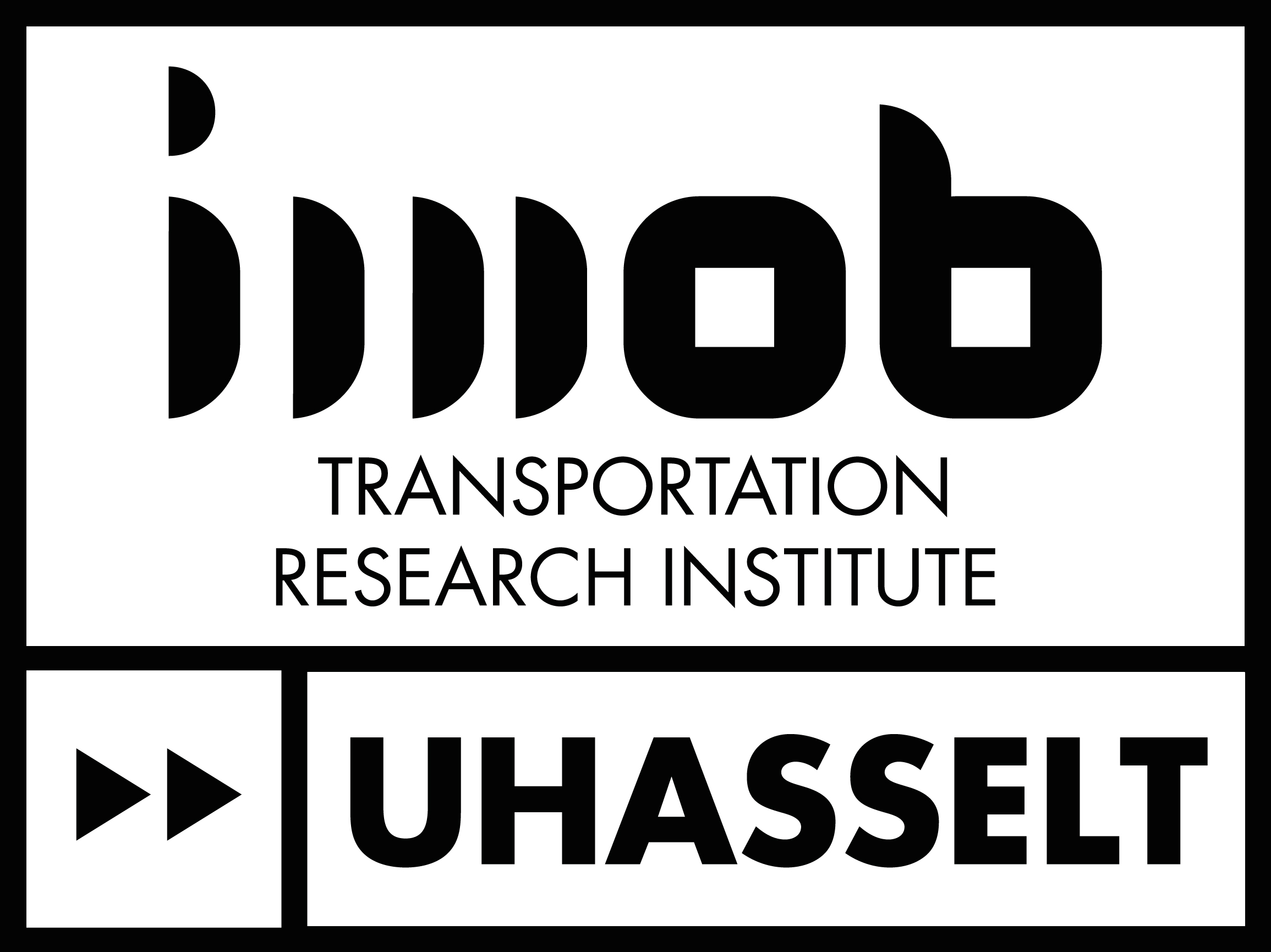Tourism
The ‘Centre for Travel and Tourism Research (CTTR)’ focuses on the following question: how can we strive towards sustainable, high quality and accessible tourism? Our remit spans the three pillars of sustainability: economic, socio-cultural and environmental with regard to tourism. Qualitative and quantitative techniques are used in our research and case studies.


View the content of this page

An optimal holiday experience for specific target groups
Children’s animation on the campsite, accessible hotels for wheelchair users... Everyone has certain needs and expectations for their vacation. In this field, we conduct research on those needs and expectations. With such insights, we can support industrial partners and policy makers in optimizing holiday experiences. An optimal holiday experience is attained when all components in the tourism chain (e.g. transportation, accommodation, food and beverage services) are of high quality, well-coordinated and satisfy, or even exceed, all needs and expectations. CTTR’s research targets specific groups, including the elderly, families (e.g. blended families, one-parent families, multigenerational groups) and those with an autism spectrum disorder or dementia.

Sustainable tourism development within protected areas
How does the tourist travel from and to their destination? Do they take a taxi on the spot or travel by bus or train? Do they eat at an international fast-food restaurant chain or at a locally owned restaurant using locally sourced products? Every choice we make as tourists – which travel mode, where/what to eat, where to stay, which places to visit – has an economic, socio-cultural and/or ecological impact. Under this topic, we examine tourist behaviour and investigate the barriers to behaviour change and the triggers and motivations which can encourage more sustainable behaviour.

Duurzaam toeristisch gedrag
Hoe reist een toerist van en naar een bestemming? Neemt hij ter plaatse een taxi of kiest hij voor de bus of de trein? Eet hij in internationale fastfoodketens of in lokale restaurants die streekproducten serveren? Elke keuze die een toerist maakt – welk vervoersmiddel, waar/wat te eten, waar te verblijven, welke bezienswaardigheden te bezoeken – heeft een economische, socio-culturele en/of ecologische impact. Binnen dit thema onderzoeken we toeristisch gedrag. Hoe kunnen toeristen aangezet worden tot een duurzamer gedrag?
Contact IMOB
Do you have a question or would you like to work with IMOB?
Then please do not hesitate to contact us using the form below or the contact details at the top of the page. We are available every weekday from 9am to 5pm.

